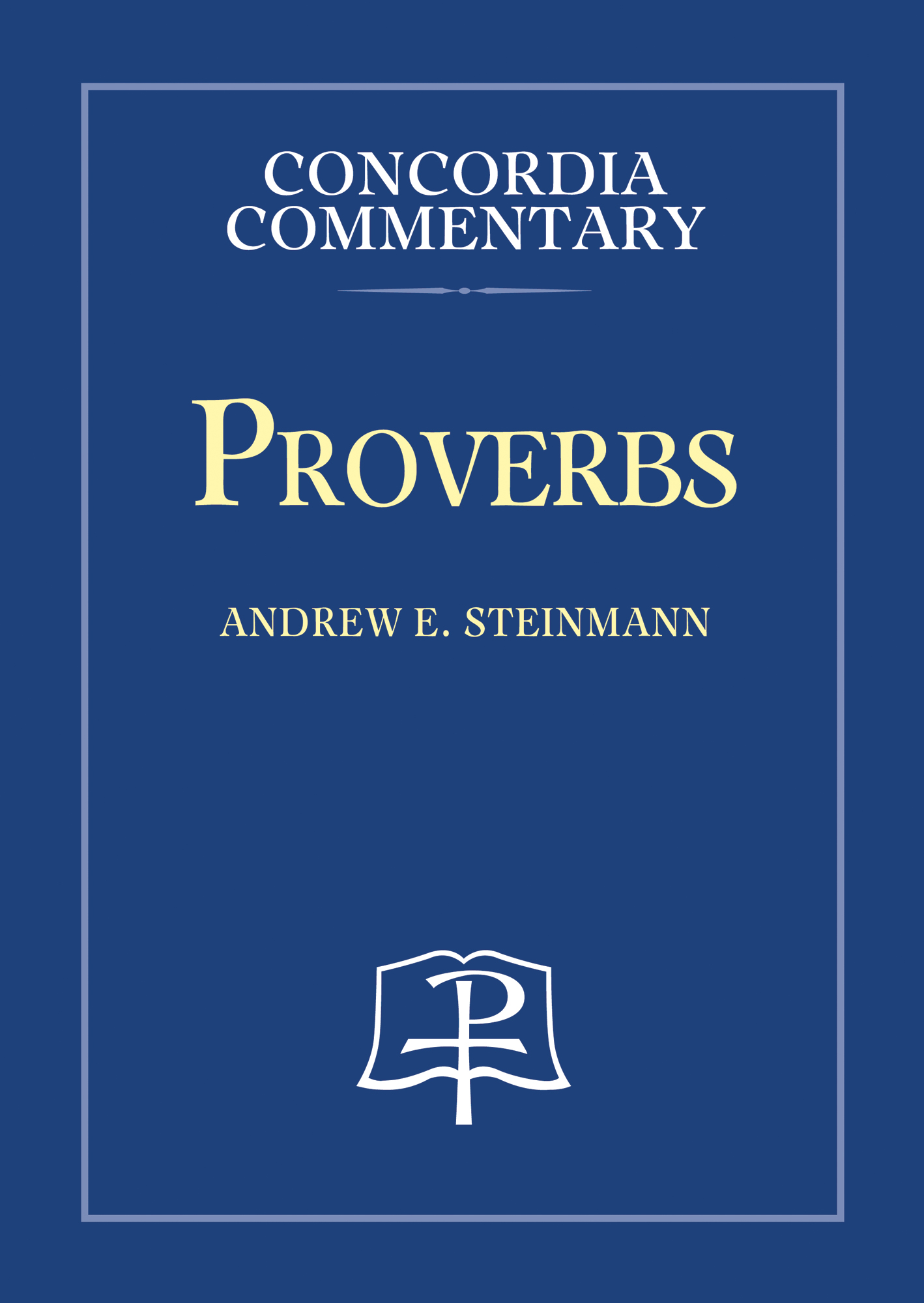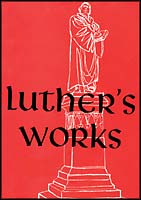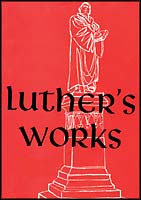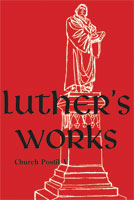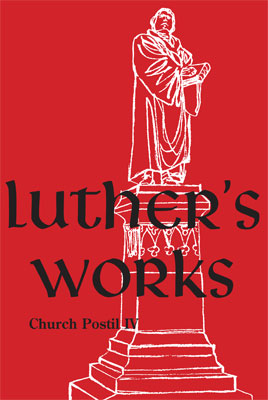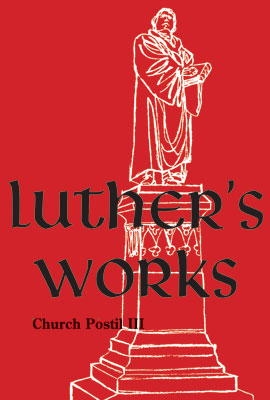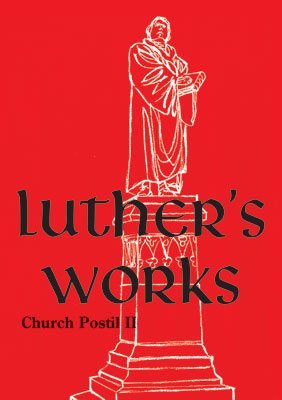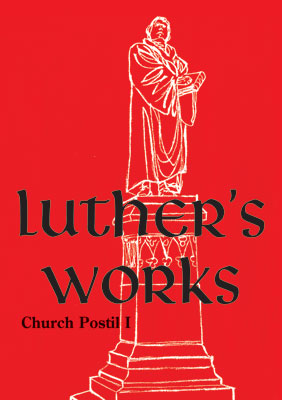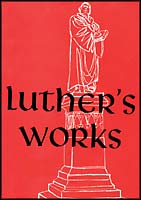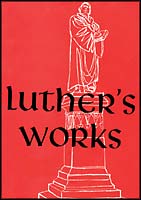Luther’s Works: The American Edition, published by Concordia and Fortress Press between 1955 and 1986, comprises fifty-five volumes. These are a selection representing only about a third of Luther’s works in the Latin and German of the standard Weimar Edition, not including the German Bible.
On October 22, 1512, the faculty of the still newborn University of Wittenberg welcomed an ominous new colleague to its body. Martin Luther was taken under the wing of none other than the vicar general of the German Augustinian order: Johann von Staupitz. Luther quickly advanced in honor and prestige. Once settled down and committed to university life, Luther took up his new lifework with enthusiasm. Before a year had passed, the Chronicle of Johann Oldecorp recorded: “At this same time [1513] M. Luther began to lecture on the Psalter of David. He was very busy with this and had many hearers.” The lectures were indeed given in the traditional fashion, but there was something new in them nevertheless, something that was talked about then and that drew “many hearers.”
Even the modern reader of Luther’s notes for these lectures can hardly escape noticing that the message, compared with that of other contemporary lectures, reveals greater individual involvement in the message being expounded. The prime emphasis is constantly on Christ as the center of the whole Psalter. The lecturer is dealing not with idle academic definitions but with the issues of life and salvation that affect the speaker and hearer directly and personally. This is where Luther’s theology begins, and so these First Lectures on the Psalms (1—75) are often called initia theologiae Lutheri.

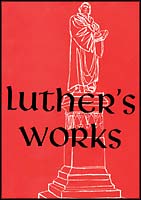
 Back
Back
